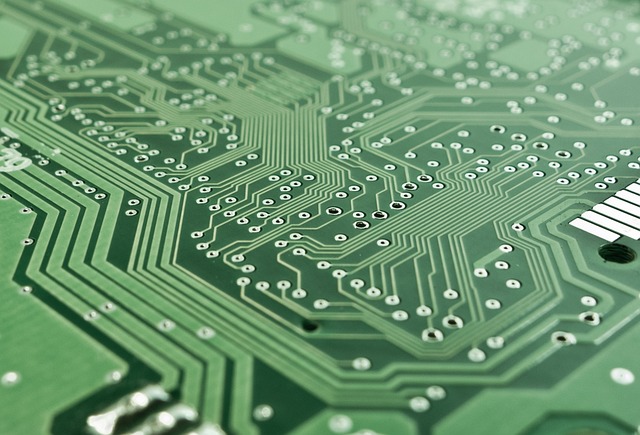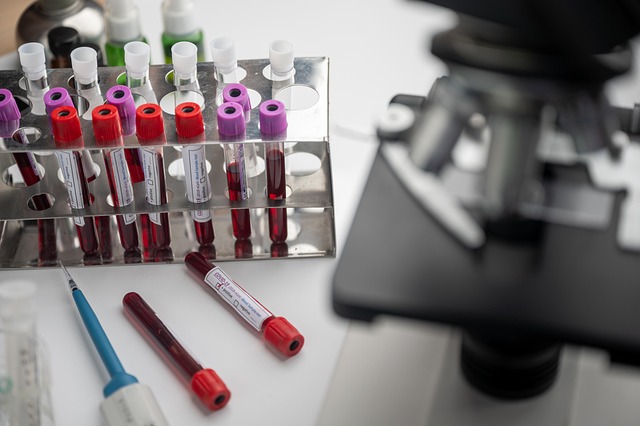The advancements in sensor technology are fundamentally transforming the landscape of healthcare innovations. As we delve deeper into the world of connected devices, it’s becoming increasingly evident that these sensors are not just novelties; they are pivotal components reshaping how we approach health and wellness.
Imagine a world where your health is monitored in real-time without the need for constant doctor visits. This vision is rapidly becoming reality, as sensor technologies are now embedded in wearable devices, home monitoring systems, and even within medical equipment. These sophisticated sensors collect an array of data that can be analyzed to provide insights into your health status, making it possible for individuals to take charge of their wellbeing like never before.
Healthcare innovations are no longer just about the technology available in hospitals. With the integration of sensor technology, healthcare can now be personalized. For instance, continuous glucose monitors allow diabetics to track their blood sugar levels effortlessly, providing immediate alerts when levels rise or fall outside normal range. This immediate feedback helps users make informed decisions regarding their diet and medication, highlighting how sensor-driven data can empower patient autonomy.
Moreover, the influence of sensor technology extends into preventive care. Wearable fitness trackers monitor physical activity, sleep patterns, and heart rate, enabling users to set goals and monitor progress. These devices promote a proactive approach to health, encouraging individuals to adopt healthier lifestyles based on the data they receive. As more people become engaged with their health through these innovations, we are likely to see a significant shift towards prevention rather than merely treating illnesses.
The impact is echoed across the medical field. Hospitals can utilize sensors to monitor patients’ vital signs remotely, allowing for quicker response times in emergencies and reducing the strain on healthcare facilities. This capability not only optimizes the use of medical resources but also enhances patient care by ensuring timely interventions.
Currently, significant strides are being made in the realm of telehealth as well. Integration of sensors into telehealth platforms allows for seamless transfer of data from home to healthcare providers. Patients can consult with doctors virtually while providing them with real-time data captured by their sensors, enhancing the quality and accuracy of remote consultations.
As we achieve breakthroughs in sensor technology, new publications emerge that explore its implications for healthcare. Researchers are continuously publishing findings that highlight all aspects of this evolution—from improved diagnostics to enhanced data analytics. Each publication contributes to a collective understanding that influences policy decisions, funding for research, and education on the importance of integrating technology into healthcare.
Yet with all these advancements, it’s essential to boldly address challenges such as data privacy and security. As more sensitive health information is shared via sensors, the need for robust cybersecurity measures becomes crucial. Striking a balance between innovative health solutions and safeguarding personal information needs continuous dialogue within the industry.
In summary, the realm of sensor technology is revolutionizing healthcare, offering innovative solutions that not only enhance patient engagement but also refocus the healthcare model towards preventive care. The importance of this transformation is reflected in the important publications being released that illuminate our path forward in integrating technology into our understanding of health.




